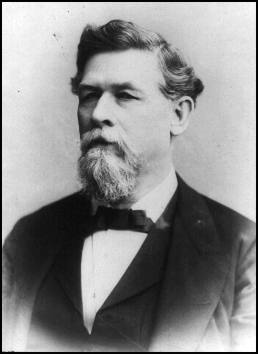Roddey was active with his company during the advance on Corinth, Mississippi, General Braxton Bragg writing on May 4, 1862, that “Roddey is invaluable”. On August 21, 1862, Bragg – now in Chattanooga – wrote, “”A portion of our cavalry, consisting of the companies of Captains Earle, Lewis, and Roddey, led by Captain Roddey, has made another brilliant dash upon a superior force of the enemy, resulting in the capture of 123 prisoners.” In October 1862, Roddey accordingly was authorized to increase his command to a regiment, the 4th Alabama Cavalry. Roddey was now a colonel. Roddey’s regiment would serve under both Nathan Bedford Forrest and Joseph Wheeler, principally in Tennessee and Alabama.




